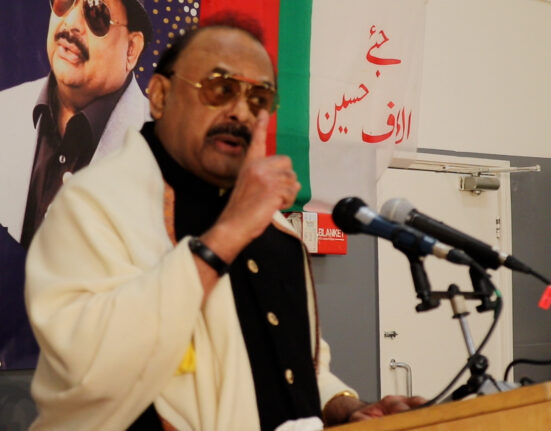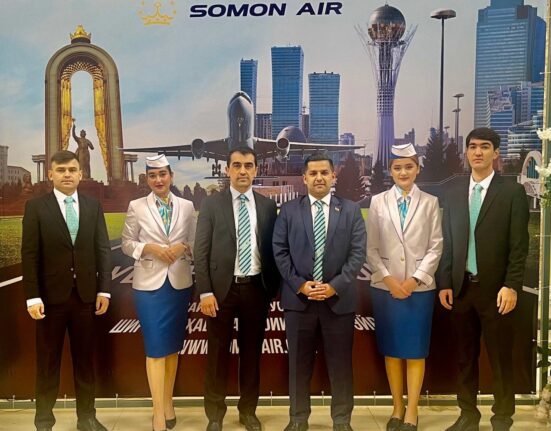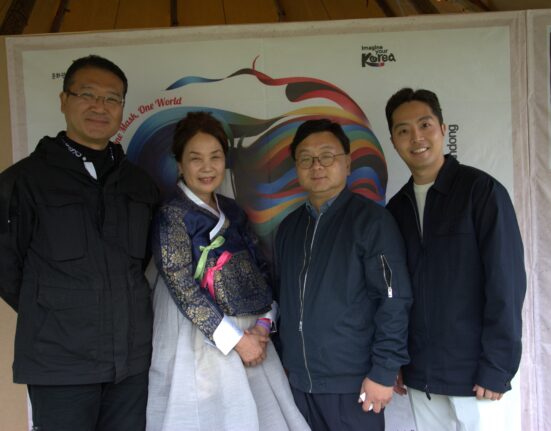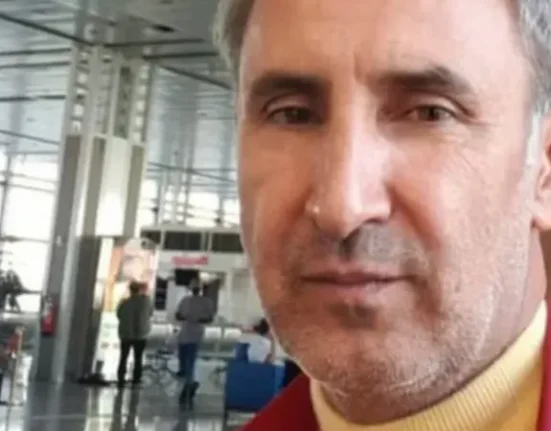Investigation into 12 adoptions from Ethiopia, spurred by what were believed to be “irregularities” revealed that several children were not voluntarily put up for adoption in Belgium by their parents.
Possible irregularities have been detected in the adoption of Ethiopian children in Flanders. Several people came forward alleging that the content of their adoption file was incomplete and that elements of the backstory did not match reality.
In 2019, the Flemish Centre for Adoption (VCA) received money from the Flemish Government to investigate possible irregularities in adoptions from Ethiopia, which was long the largest country of origin for adoptions, during the period 1997-2015. Between 1996 and 2017, 936 children adopted there came to Flanders.
After the cooperation was suspended in 2015 – at least one adoption was found to have not been abandoned by both parents – the Flemish adoption agency permanently cancelled cooperation with Ethiopia in 2017.
‘Huge impact on all involved’
The VCA asked all Ethiopian adoptees or adoptive parents with concerns to come forward if the file would require additional investigation in Ethiopia itself.
Investigations were launched for 12 families. The first preliminary conclusions showed that the true story sometimes differed from the content included in the adoption files. In the worst case, this included children who were not voluntarily given up by their birth parents.
“The idea that adoptions may not have been conducted correctly has a huge impact on those involved. And we should not minimise that,” said Flemish Welfare Minister Hilde Crevits.
She said that this news will undoubtedly “make other adoptees or adoptive parents think about their situations” and, after consultation with the researchers, announced she wants other adoptees who have such concerns to reach out to the Flemish Centre for Adoption so they can review their situation with experts.
Adoptees from other countries and their families can also come forward if they suspect their adoption records are incorrect. “I am following this closely to ensure that adoptees get the support they need,” she concluded.
Steps taken in the meantime
Flanders also commissioned the Expert Panel on Intercountry Adoption in 2019. The experts suggested a pause for adoption to allow the practice to undergo the necessary reform before any new prospective parents would be allowed to register, but no such pause came, however, the reform process is still underway.
The decree containing changes to the approach and course of inter-country adoption that Crevits drafted, including additional safeguards to ensure that adoptions are done correctly and morally right, has already been approved for the first time by the Flemish Government on 15 September 2023.
The expert panel’s results did spur former welfare minister Wouter Beke to screen cooperation with all countries of origin to help avoid abuses in the future. In the first round, with five countries, it was decided to stop cooperation with Vietnam.
Denmark, Sweden and Switzerland have also already set up commissions of enquiry to investigate malpractices in international adoptions, as well as the Netherlands, where many adoptions from Bangladesh in the 1970s and 1980s went wrong. Biological parents often did not know their child was going abroad for adoption, and children were sometimes taken violently without consent.







